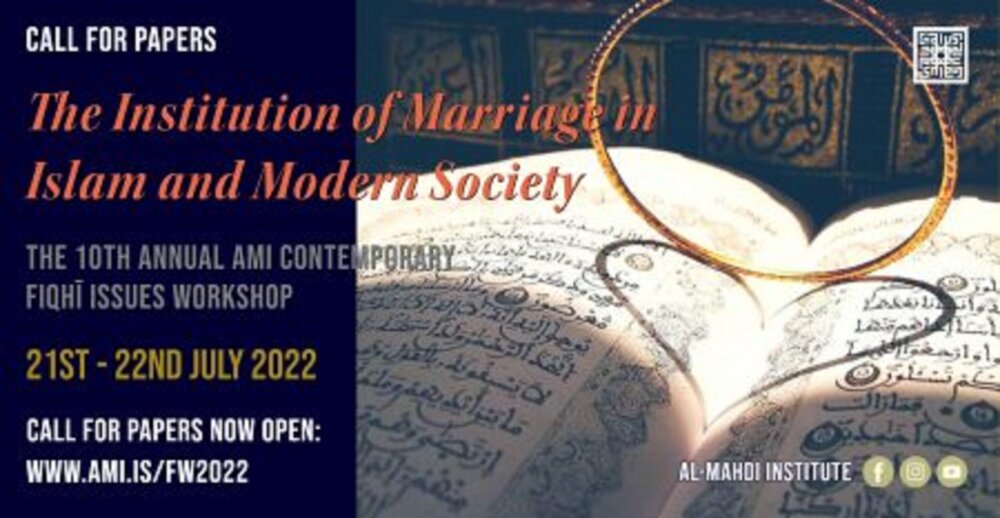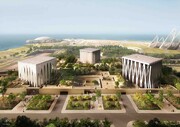Hawzah News Agency – The importance of the institution of marriage is significantly stressed within Islamic scripture. For instance, the Quran generally lays out that marriage causes a person’s heart to become tranquil and content, whilst hadith literature emphasises that marriage completes a person’s religion (dīn). Specific details and nuances of Sharia regulations that surround the Islamic institution of marriage (or even temporary marriage) are found across different chapters of the traditional fiqhī discourse, in particular the fiqhī chapter of marriage (kitāb al-nikāḥ).
However, the question that arises is whether these regulations are conducive and have efficacy for modern society. It is often found that modern Muslims are compounded with a host of pre-matrimonial and post-matrimonial challenges. For instance, pre-matrimonial issues range from matters related to caste, race, and familial lineage of potential spouses, to the present-day function and role of the marriage contract (ʿaqd al-nikāḥ) and conditions such as age and dowry that are associated with it. Whereas post-matrimonial issues range from matters related to financial and housekeeping responsibilities to questions related to consent, marital rape, polygamy, and divorce.
The workshop encourages, and invites, paper proposals that survey at least one of the following general areas:
- Historical and contextual studies regarding the institution of marriage that was endorsed by Islam.
- Critical analysis of textual and theological foundations used to deduce regulations regarding marriage.
- Notions of gender roles in Islam.
- Reformulation of definitions and juristic regulations around specific issues such as consent, domestic violence, guardianship of the husband, custody of children etc. and whether Islam can aid in providing solutions to present-day challenges that stem from the institution of marriage.
The inclusive model of the workshop is pleased to host presenters from diverse traditional seminary and academic backgrounds, alongside relevant practitioners, from a range of disciplines. As has become an effective format in our previous annual workshops, fiqhī debate will be positioned alongside contributions from broader theological, historical, and anthropological approaches – thereby enriching a multidisciplinary understanding of the institution of marriage in Islam and modern society.
Proposals for a single presenter should include the following:
- Contact information, and a brief bio of the presenter.
- A tentative title
- Abstract(s) (400-word limit)
The deadline for submission of proposals is Friday 15th April 2022. Successful applicants will be notified by Friday 29th April 2022.
Accepted applicants from within the E.U. will be supported for their travel and hospitality during the workshop, with a further limited number of travel bursaries available for those applying from outside the E.U.
Proposals and queries should be sent by e-mail to: Wajee Shah: shahw@almahdi.edu





Your Comment